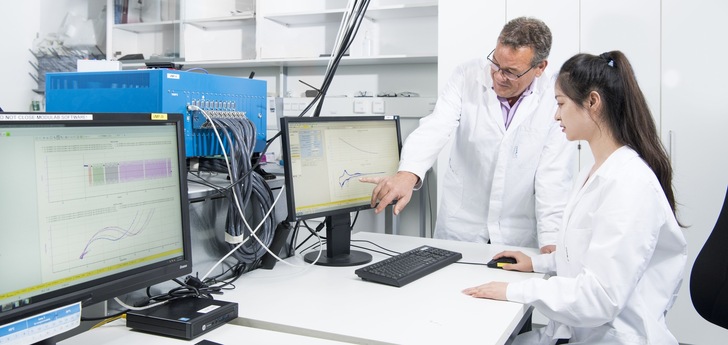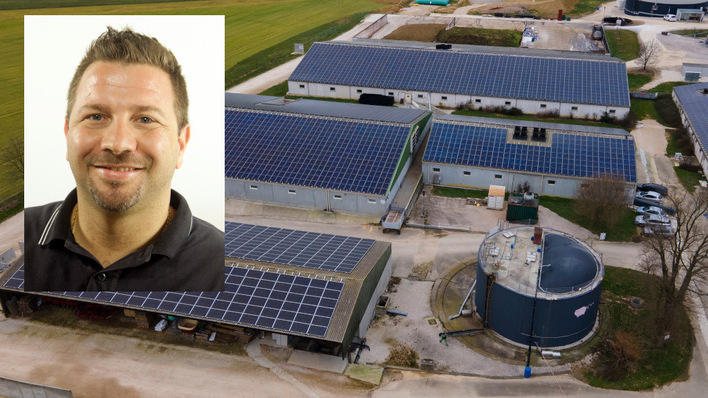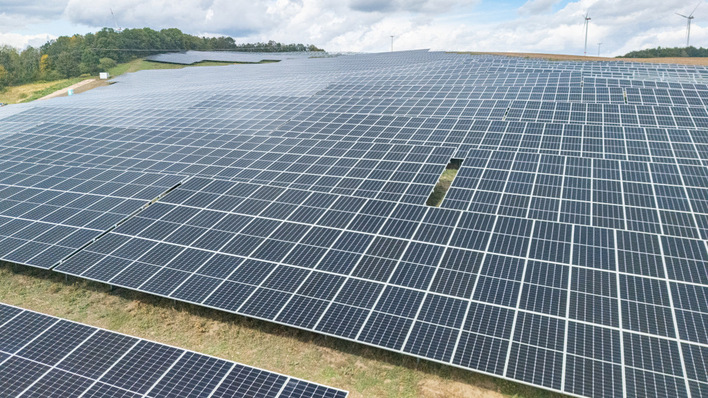Lithium-ion batteries are currently the most common solution for mobile power supply. However, the technology is reaching its limits for some requirements. This is especially true for electric mobility, where light, compact vehicles with long ranges are in demand. According to scientists from the Karlsruhe Institute of Technology (KIT) and the Helmholtz Institute Ulm - Electrochemical Energy Storage (HIU), lithium metal batteries offer an alternative: This is because they are characterised by a high energy density. This means they store a lot of energy per mass. However, their stability still poses a challenge because the electrode materials react with ordinary electrolyte systems.
Researchers at KIT and HIU have now found a solution to this. As they report in Joule magazine, they are using a promising new combination of materials. They use a low-cobalt, nickel-rich layered cathode (more precisely: NCM88). This provides a high energy density.
Capacity of 88 per cent after 1,000 charging cycles
However, with the commercially available organic electrolyte (LP30) that is usually used, the stability leaves much to be desired. The storage capacity decreases with increasing number of charging cycles. "In the LP30 electrolyte, particle cracks form at the cathode. Within these cracks, the electrolyte reacts and destroys the structure. In addition, a thick moss-like lithium-containing layer forms on the cathode," explains Professor Stefano Passerini. He is the director of HIU and head of the battery electrochemistry research group. Instead, the researchers used a low-volatility, non-flammable ionic liquid electrolyte with two anions. In this way, the structural changes at the nickel-rich cathode could be substantially contained.
See also: Carbon for a low-carbon future – research into advanced battery additives
Since the battery presented is also characterised by a high level of safety, the researchers from Karlsruhe and Ulm have thus succeeded in taking an important step on the road to carbon neutral mobility. With the NCM88 cathode and the new electrolyte, the lithium metal battery achieves an energy density of 560 watt hours per kilogram. Over 1 000 charging cycles, 88 per cent of the capacity is retained. (nhp/mfo)
Also interesting: Artificial intelligence for environmentally friendly production








